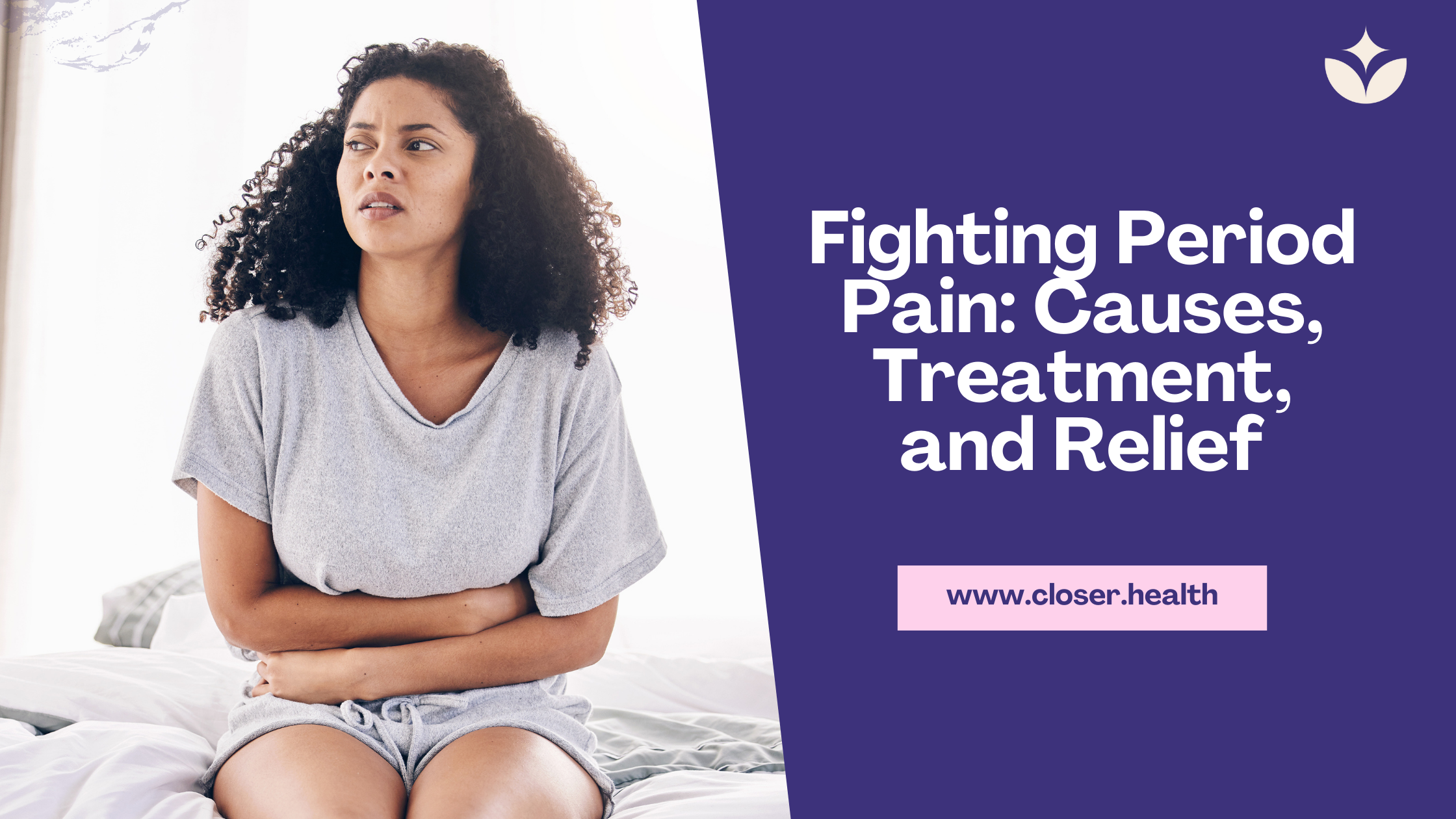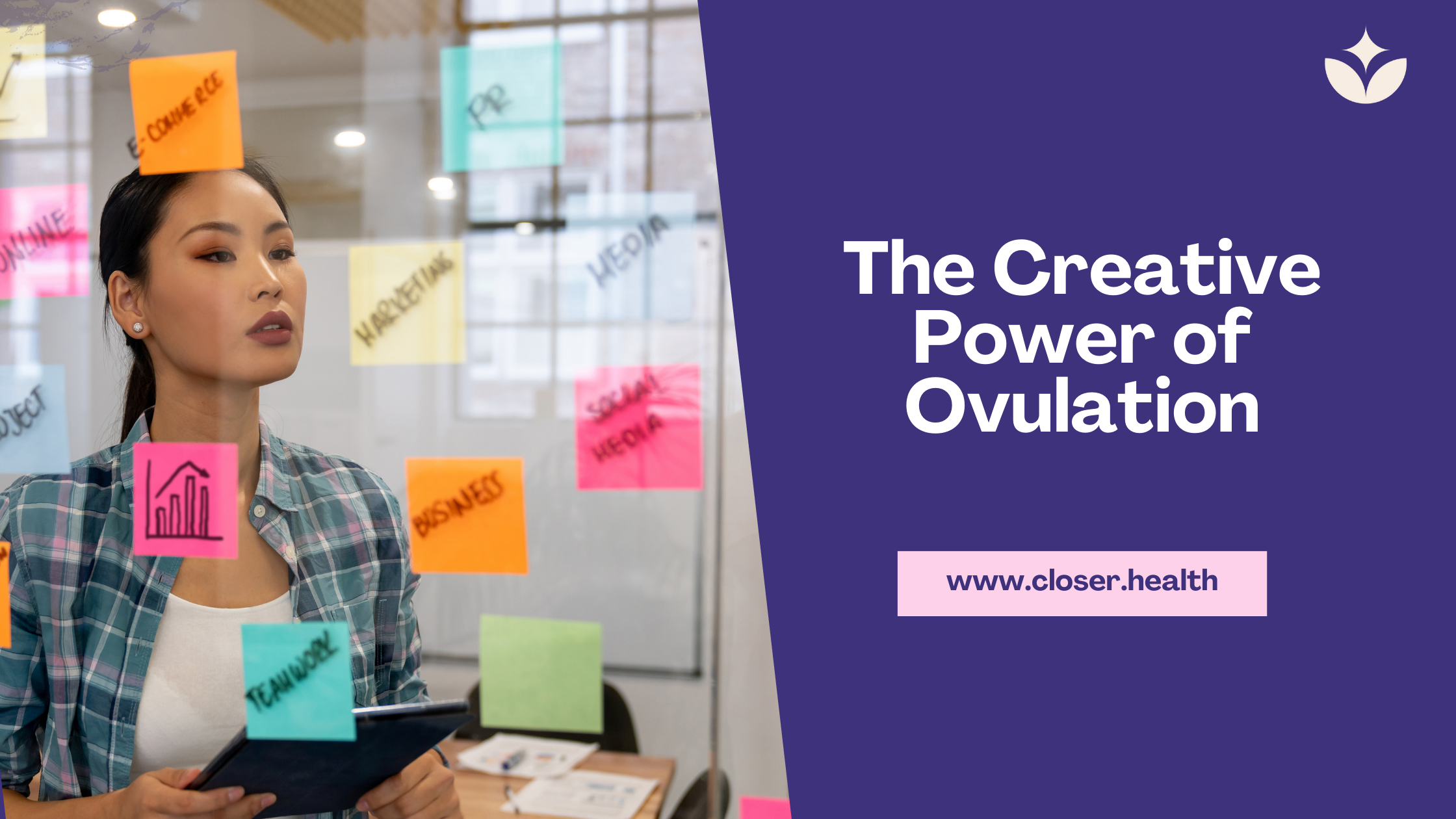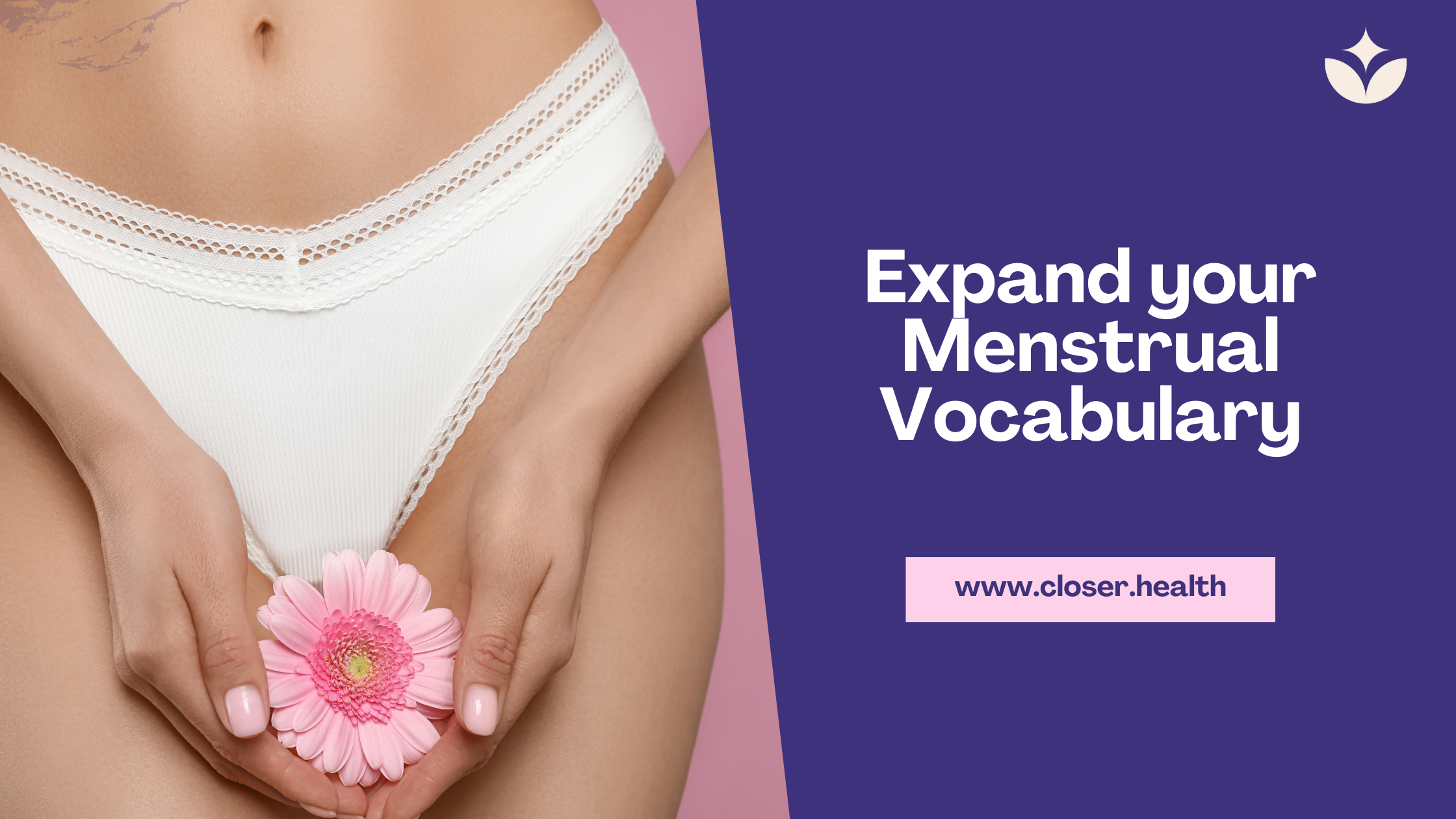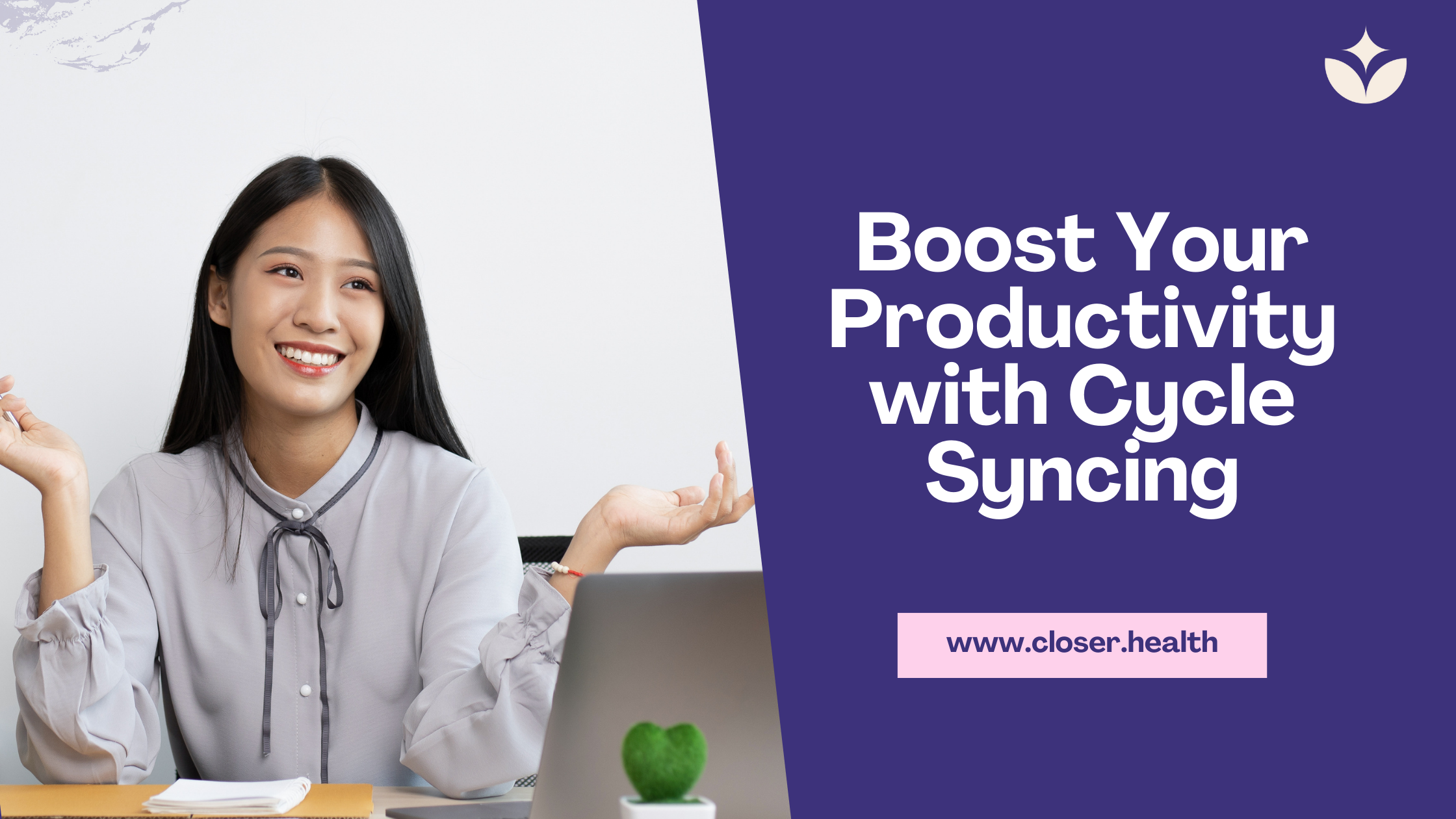We all know that period pain can be a real downer. Those cramps, aches, and pains can make even the simplest tasks feel like a challenge. But guess what? You’re not alone, and there are plenty of ways to manage and reduce that pain. In this article, we’re diving into the causes of period pain and sharing some effective treatments and relief strategies to help you feel better during your cycle. Ready to kick those cramps to the curb? Let’s get started!
Before we dive in, here’s a sneak peek of what you’ll learn:
- The primary causes of period pain
- Effective treatments for managing pain
- Practical relief strategies to reduce discomfort
- Tips for maintaining a pain-free period
Understanding the Causes of Period Pain
Period pain, also known as dysmenorrhea, can be categorized into two types:
- Primary Dysmenorrhea: This is the most common type and is caused by natural uterine contractions triggered by prostaglandins. These contractions help shed the uterine lining but can cause cramping and pain in the process.
- Secondary Dysmenorrhea: This type of pain is due to underlying health conditions such as endometriosis, fibroids, or pelvic inflammatory disease. It often starts earlier in the menstrual cycle and lasts longer than primary dysmenorrhea.
Effective Treatments for Managing Pain
Managing period pain often requires a combination of treatments. Here are some of the most effective options:
- Over-the-Counter Pain Relief: Nonsteroidal anti-inflammatory drugs (NSAIDs) like ibuprofen or naproxen can reduce inflammation and alleviate pain. These are often the first line of defense.
- Hormonal Birth Control: Birth control pills, patches, or intrauterine devices (IUDs) can regulate or even eliminate periods, reducing the severity of cramps.
- Prescription Medications: For severe pain, your doctor may prescribe stronger painkillers or hormonal treatments to manage symptoms.
Practical Relief Strategies
In addition to medical treatments, several practical strategies can help ease period pain:
- Heat Therapy: Applying a heating pad or hot water bottle to your lower abdomen can help relax uterine muscles and reduce cramps.
- Regular Exercise: Physical activity increases blood flow and releases endorphins, which are natural pain relievers. Even light activities like walking or stretching can be beneficial.
- Hydration: Drinking plenty of water can prevent bloating and ease discomfort. Herbal teas like chamomile or ginger tea can also provide soothing effects.
- Dietary Changes: Eating a balanced diet rich in fruits, vegetables, and whole grains can help reduce inflammation. Avoiding caffeine, salty foods, and sugary snacks can also minimize bloating and discomfort.
- Relaxation Techniques: Practices such as yoga, meditation, and deep breathing can help manage stress and reduce the perception of pain.
Tips for Maintaining a Pain-Free Period
- Track Your Cycle: Using a period tracking app can help you anticipate and prepare for symptoms.
- Stay Active: Incorporate regular exercise into your routine, even when you’re not on your period, to help reduce the severity of cramps over time.
- Balanced Diet: Maintain a diet that supports your overall health, emphasizing anti-inflammatory foods.
- Self-Care: Take time for activities that help you relax and reduce stress, such as warm baths, reading, or listening to music.
Conclusion: Embrace a Pain-Free Period
While period pain is a common experience, it doesn’t have to control your life. By understanding the causes and exploring various treatment and relief options, you can find the best strategies to manage your menstrual pain effectively. Remember, it’s all about finding what works best for you. With the right approach, you can embrace a more comfortable and pain-free period.

FAQs
What causes primary dysmenorrhea?
- Primary dysmenorrhea is caused by natural uterine contractions triggered by prostaglandins, which help shed the uterine lining.
How can I relieve period pain without medication?
- Heat therapy, regular exercise, hydration, dietary changes, and relaxation techniques are effective non-medical strategies for relieving period pain.
Are there any serious risks associated with using NSAIDs for period pain?
- While NSAIDs are generally safe for short-term use, long-term use can increase the risk of gastrointestinal issues and other side effects. Always follow the dosage instructions and consult with a healthcare provider if you have concerns.
Can hormonal birth control help with period pain?
- Yes, hormonal birth control can regulate or even eliminate periods, which can significantly reduce the severity of menstrual cramps.
What dietary changes can help reduce period pain?
- Eating a diet rich in fruits, vegetables, and whole grains while avoiding caffeine, salty foods, and sugary snacks can help reduce inflammation and minimize period discomfort.
Is it normal to experience severe period pain?
- Severe period pain may indicate an underlying health condition such as endometriosis or fibroids. If you experience intense pain that interferes with your daily activities, consult with a healthcare provider.









